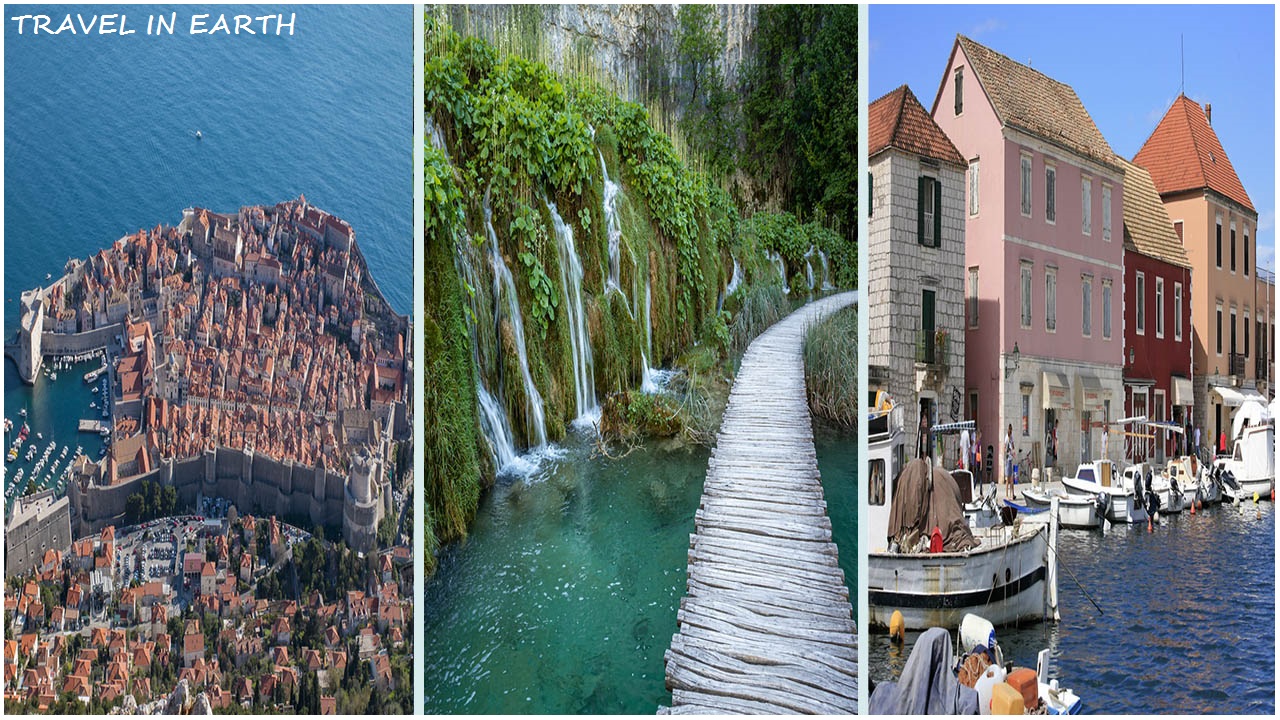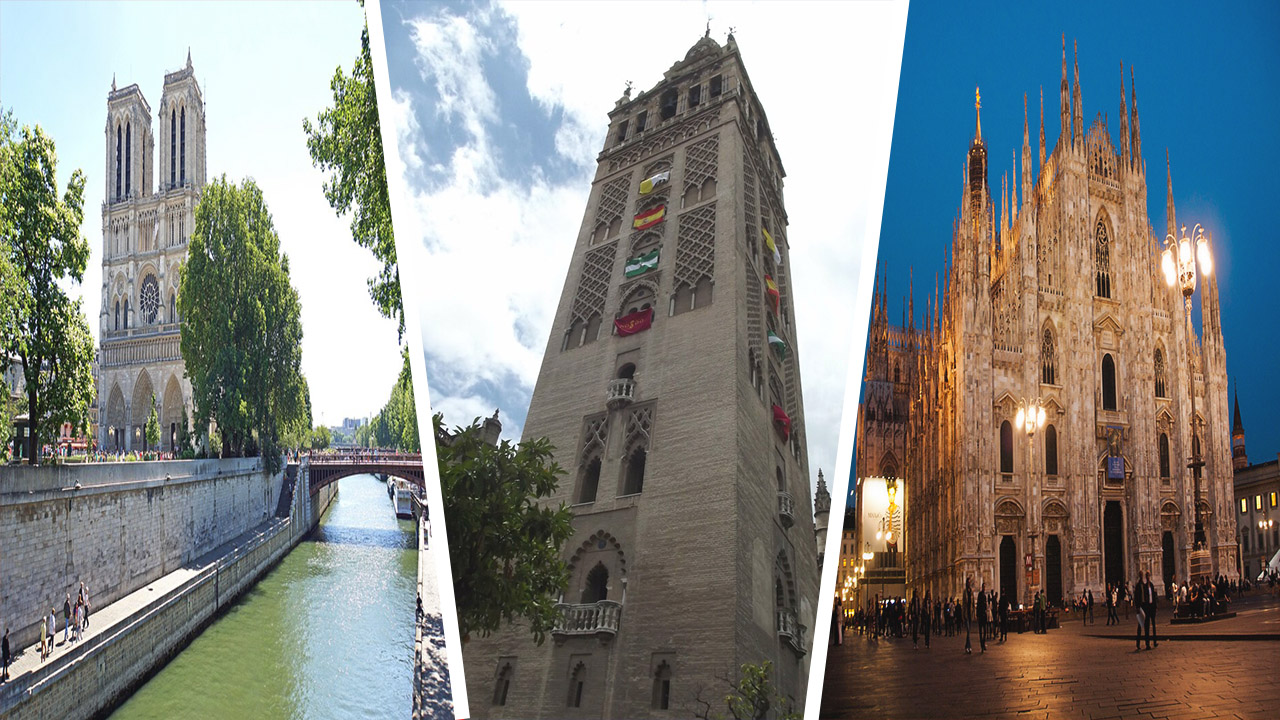Travel provides incredible experiences, providing access to diverse cultures, breathtaking landscapes, and unique wildlife. However, this excitement often comes at a significant environmental cost. From carbon emissions caused by flights to the negative impacts on local communities and ecosystems, travel can strain the very places we seek to explore.
As a response, sustainable travel has become a powerful trend, encouraging travelers to reduce their environmental impact and make conscious choices that support local communities. Whether you’re an eco-conscious traveler or a curious explorer, this guide provides sustainable travel ideas—everything you need to plan and experience eco-friendly adventures in 2024.
1. Why Sustainable Travel Matters in 2024
Environmental Impact of Tourism
The tourism industry is responsible for approximately 8% of the world’s carbon emissions, and this figure includes transportation, accommodation, and the energy used in tourist activities. The increased demand for international travel has led to greater resource consumption, deforestation, and pollution, directly affecting natural habitats and biodiversity. According to the World Tourism Organization, if unchecked, tourism’s impact on the climate could increase by 25% by 2030.
Community and Cultural Impact
Tourism can both benefit and harm local communities. While tourism often brings economic opportunities, it can also lead to cultural commodification and economic dependence on tourist income. Certain destinations face challenges like rising property prices, overtourism, and loss of cultural identity. When traveling sustainably, tourists contribute to economic growth without imposing harm, protecting communities, and allowing local culture to thrive.
Benefits of Sustainable Travel
Sustainable travel offers a multitude of benefits, including:
- Environmental Conservation: By opting for eco-friendly activities, travelers can support conservation projects and minimize their carbon footprint.
- Economic Opportunities for Locals: Responsible tourism benefits local businesses by encouraging tourists to shop, eat, and stay within the community.
- Cultural Preservation: Sustainable tourism prioritizes cultural sensitivity, guaranteeing the honoring and protection of local customs and traditions.
2. Planning a Sustainable Trip
Choose Eco-Friendly Destinations
Not all destinations have the same capacity to manage high tourist numbers in a sustainable manner. Look for locations committed to sustainable tourism initiatives, such as protected national parks, eco-reserves, and regions known for their responsible tourism policies. Popular destinations that emphasize sustainable travel include Costa Rica, New Zealand, and Iceland.
Travel During Off-Peak Seasons
Overtourism in popular tourist areas can lead to resource depletion, environmental damage, and a less enjoyable experience for visitors. By traveling in the off-season, you help alleviate these pressures and support a balanced tourism economy. Destinations often offer discounted rates during off-peak times, which can be an added bonus.
Reduce Your Carbon Footprint
Travelers can reduce their carbon footprint by choosing environmentally friendly travel methods. Nonstop flights reduce carbon emissions per trip, and trains or buses can be low-carbon options. When arriving at your destination, consider walking, biking, or using public transport.
Pack Sustainably
Packing plays a significant role in sustainable travel. Consider the following tips:
- Reusable Water Bottles and Utensils to minimize single-use plastics.
- Biodegradable Toiletries such as toothpaste tablets and shampoo bars.
- Sustainable Clothing made from organic cotton or recycled materials.
3. Eco-Friendly Accommodations
Green Hotel Certifications
Green certifications, such as LEED (Leadership in Energy and Environmental Design), Green Key, and EarthCheck, identify hotels that meet eco-friendly standards. These properties often have efficient energy use, water conservation practices, and recycling programs. Choosing certified hotels supports sustainable lodging practices while ensuring minimal environmental impact.
Tips for Finding Sustainable Lodging
Use websites like these to find eco-friendly accommodations:
- BookDifferent: Lists hotels that meet green standards.
- Eco Hotels: Showcases environmentally conscious hotels worldwide.
- Green Pearls: Highlights eco-conscious luxury resorts and hotels.
Alternative Lodging Options
If traditional hotels aren’t appealing, consider eco-lodges, community homestays, or camping. Eco-lodges are often located in nature-rich areas and employ sustainable practices such as solar power and waste recycling. Community homestays let travelers stay with local families, contributing directly to the community while enjoying a more immersive cultural experience.
4. Low-Impact Travel Activities
Nature-Based Tourism
Nature-based activities like hiking, bird-watching, and eco-safaris allow travelers to enjoy their surroundings with minimal impact. Eco-friendly tour operators operate responsibly in many countries, creating jobs for locals and promoting conservation awareness.
Volunteer Tourism (Voluntourism)
Voluntourism is a great way to combine travel with positive impact. Travelers can join conservation projects, community development programs, or education initiatives. However, be mindful to choose reputable organizations that benefit locals directly and ensure that your involvement doesn’t take opportunities away from residents.
Mindful Wildlife Encounters
Choosing ethical wildlife experiences is essential. Avoid places that offer animal performances, petting zoos, or other exploitative practices. Instead, visit reputable wildlife sanctuaries, national parks, or guided tours led by conservation experts.
5. Supporting Local Communities
Shop Locally and Responsibly
Shopping locally ensures that money stays within the community, supporting artisans and reducing environmental impact. Choose handicrafts, textiles, and goods made by local artists instead of imported souvenirs that often involve higher emissions due to transport.
Eat Local and Organic
When dining out, opt for locally-owned restaurants that source food from regional farms. Supporting organic and local ingredients not only reduces emissions associated with imported foods but also provides a more authentic dining experience.
Respect Local Culture
Understanding local customs and respecting traditions is a cornerstone of responsible travel. Learn basic phrases, follow dress codes, and observe cultural practices as a sign of respect. Showing sensitivity toward these highly valued customs enhances your experience and fosters goodwill with locals in many destinations.
6. Eco-Friendly Transportation Options
Public Transportation and Shared Mobility
Buses, trains, bicycles, and car-sharing services are excellent ways to explore a destination while reducing emissions. Many cities now offer bike rentals and extensive public transportation networks to accommodate eco-conscious travelers.
Electric Vehicle Rentals
Consider renting an electric or hybrid car. These vehicles significantly reduce carbon emissions and are increasingly available in major tourist destinations.
Slow Travel
Slow travel allows travelers to stay longer and travel shorter distances. This approach minimizes the need for frequent transportation and encourages deeper engagement with a destination. Activities like cycling tours, multi-day hikes, and river cruises are perfect for slow travel.
7. Reducing Waste During Travel
Pack Reusables
Single-use plastics are one of the largest contributors to pollution. Packing reusable items like water bottles, shopping bags, and utensils can drastically reduce waste.
Avoid Over-Consumption
It’s tempting to buy souvenirs, but many end up in landfills. Choose items that are meaningful and high-quality, or simply support local services rather than goods.
Choose Plastic-Free Products
Opt for toiletries and travel essentials with minimal or no plastic. Many companies offer eco-friendly travel kits with biodegradable packaging, making it easier to reduce waste on the go.
8. Top Sustainable Destinations for 2024
- Costa Rica: Known for its commitment to ecotourism, Costa Rica has numerous eco-lodges, protected wildlife areas, and a focus on biodiversity conservation.
- New Zealand: This country’s conservation efforts and sustainable travel options make it ideal for eco-conscious travelers.
- Bhutan: Bhutan is highly selective about tourism to ensure it remains low-impact and sustainable.
- Sweden: As a leader in green energy, Sweden’s eco-friendly cities and nature reserves make it a top sustainable destination.
- Slovenia: A hidden gem in Europe, Slovenia is known for its green-certified destinations, with a focus on outdoor activities like hiking and kayaking.
9. Responsible Travel Companies and Tour Operators
Eco-Friendly Tour Companies
Look for companies like:
- Intrepid Travel: Known for small-group tours focused on eco-friendly experiences.
- Green Adventures: Offers community-driven travel experiences in various regions.
Sustainable Travel Resources
Use online resources such as:
- Green Globe and Sustainable Travel International to find verified sustainable tourism operators and companies.
Evaluating Tour Operators
Check if a tour company has eco-certifications and transparent practices, ensuring that the organization genuinely prioritizes sustainability.
Conclusion
Sustainable travel is a choice to preserve our planet and respect the cultures we encounter. From selecting green accommodations to engaging in eco-friendly activities, every decision counts. As travelers, we hold the power to protect natural wonders and create lasting, positive impacts on the communities we visit. In 2024, let’s choose to explore with purpose, ensuring that future generations can experience the beauty of our world.
























